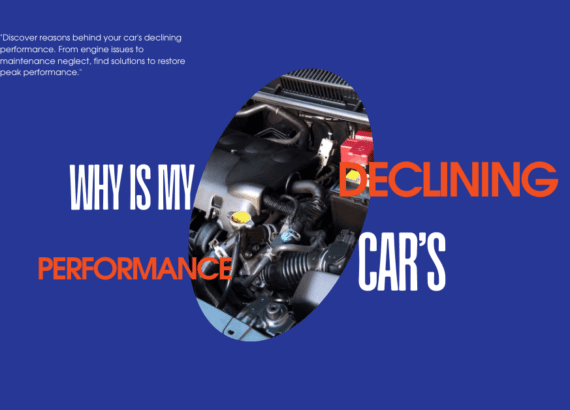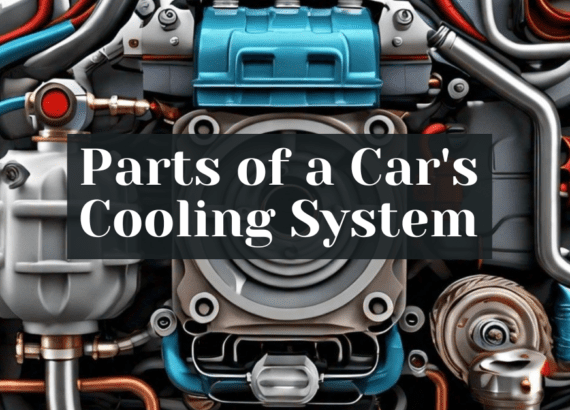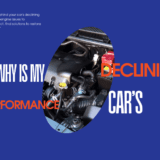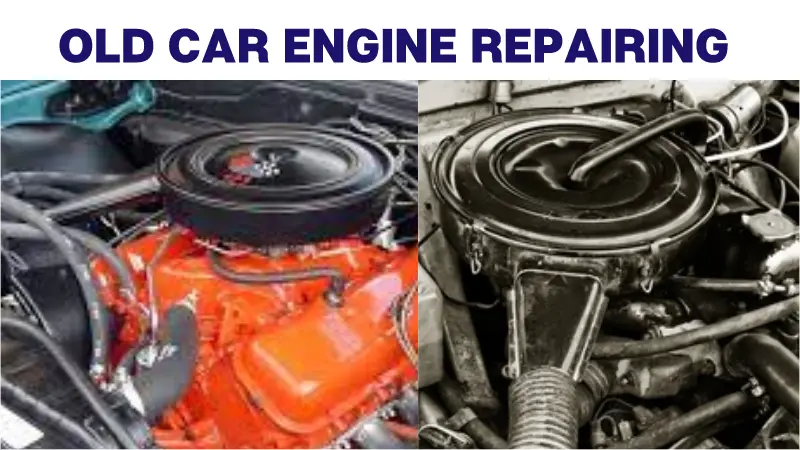How to Avoid Common Engine Problems: A Comprehensive Guide

Introduction
Your car’s longevity and peak performance are greatly dependent on engine maintenance. Engine problems that go unattended might result in expensive repairs or even breakdowns. In this thorough tutorial, we’ll examine typical engine issues, and their effects, and offer doable fixes and prevention advice.
Knowledge of Common Engine Issues

A. Overheating
Overheating is a common engine problem that can cause significant damage if not addressed promptly. It happens when the engine temperature exceeds the safe operating range. A broken thermostat, a defective cooling system, and low coolant levels are just a few of the causes of overheating.
Watch out for warning indicators of overheating including steam pouring from the engine, a rising temperature gauge, or a strong coolant odor. Regular coolant inspections, maintaining the correct coolant levels, checking the radiator for leaks, and maintaining a tidy and effective cooling system are all examples of preventative measures.
B. Oil-related issues
Your engine’s smooth operation depends on maintaining ideal oil levels. Low oil levels can cause increased friction and wear, which could potentially result in irreparable harm. Make sure the oil level is within the prescribed range by checking it frequently with the dipstick.
An additional typical issue that might harm engine performance is oil leaks. Gaskets or seals that are worn can develop leaks. Oil stains or the smell of burning oil are indicators of an oil leak under a car. To stop additional harm, repair any leaks right away by swapping out worn-out gaskets or seals.
C. Battery problems
Your car’s battery powers its electrical systems and is necessary for the car to start. Corrosion in the battery might reduce its performance and cause erratic starting. Apply a corrosion-resistant spray to the battery terminals to prevent further buildup and clean the terminals frequently with a solution of baking soda and water.
You can end up stuck due to a weak or dead battery. Leaving electronics or lights on when the engine is off or having a bad charging system are common causes. Good habits like turning off lights when not in use and avoiding extended periods of idle time can help you keep a healthy battery. Check the battery’s voltage on a regular basis, and if it’s more than three years old, think about replacing it.
D. Ignition system issues
For the engine to start easily and run effectively, the ignition system must be in good working order. Spark plug problems can result in misfires, decreased fuel efficiency, and trouble starting the engine. Spark plugs should be regularly inspected and replaced in accordance with the manufacturer’s recommendations.
Engine performance might be affected by issues with the ignition coil. Engine misfires, poor idling, or a loss of power are indications of a bad ignition coil. Regular maintenance, such as cleaning the ignition coils and maintaining good electrical connections, can help avoid problems and provide the best performance from the ignition system.
Regular Maintenance Practices

A. Routine engine checks
Regular engine checks are essential to finding possible issues before they become serious. Regularly check the gearbox fluid, engine oil, and coolant levels and quality. Check the air filter and replace it if it’s clogged or dusty. Additionally, look for wear on the serpentine belt and adjust the tension if necessary. For optimum performance, it’s also crucial to keep engine parts free of dirt and debris.
B. Proper driving habits
The health and longevity of your engine can be improved by developing good driving habits. Before driving, especially in colder climates, let the engine warm up. Then, let it cool down before turning it off. Avoid abrupt acceleration and prolonged idling, which can tax the engine and waste fuel. Use the correct gasoline octane consistently to guarantee optimum combustion and avoid engine knocking.
C. Timely servicing and tune-ups
Your engine needs regular maintenance and tune-ups from licensed specialists to remain in good condition. Follow the manufacturer’s suggested service intervals for chores like oil changes, filter replacements, and general inspections. Working with licensed mechanics guarantees that your car gets expert attention and essential fixes.
Preventative Measures for Extreme Conditions
A. Cold weather precautions
Extreme cold can present special difficulties for your engine’s performance. Before starting the engine, especially in frigid temperatures, think about using an engine block warmer to warm it up. Check the antifreeze/coolant combination frequently to make sure it’s appropriate for the current weather conditions. To avoid blockages and overheating, remove snow and ice from the engine and the surrounding region.
B. Hot weather precautions
Your engine’s efficiency can suffer in hot temperatures as well. Regularly checking the radiator for damage or debris and, if necessary, cleaning it will help maintain the cooling system. Make sure the engine is properly insulated and equipped with heat shields to shield delicate parts from extreme heat.
Conclusion
The smooth and dependable operation of your car depends on your ability to identify and fix common engine issues. You may reduce the possibility of engine problems, increase the engine’s longevity, and take pleasure in a trouble-free driving experience by adhering to the advice and solutions offered in this thorough book. Your engine will run at its best if you practice good driving practices and implement preventative maintenance procedures. Take the essential actions now to prevent common engine issues in the future.
FAQs
Q: How often should I change my engine oil to prevent engine problems?
A: In order to ensure appropriate lubrication and prevent engine damage, it is normally advised to change your engine oil every 3,000 to 5,000 miles or as directed by your vehicle’s manufacturer.
Q: Can regular maintenance help prevent engine problems?
A: Yes, regular maintenance is very important for avoiding engine issues. It might be helpful to spot any faults and take care of them before they worsen by according to the manufacturer’s suggested maintenance plan for procedures like oil changes, filter replacements, and tune-ups.
Q: Is it important to use the recommended fuel for my vehicle?
A: It is crucial to use the fuel that is advised for your vehicle. Lower octane fuel can lead to diminished performance and decreased fuel efficiency, while higher octane fuel than what is advised can induce engine knocking. Use only the type of fuel recommended in your vehicle’s owner’s manual.
Q: How can I prevent overheating issues in my engine?
A: Ensure that your vehicle’s cooling system is in good operating order to prevent engine overheating. Check the coolant level frequently, look for signs of wear on the hoses and belts, and have the radiator filled and cleansed as the manufacturer advises.
Q: What precautions can I take to avoid engine problems in extreme weather conditions?
A: Take care to safeguard your engine in harsh weather situations, such as extremely cold or high temperatures. In colder climates, use the proper antifreeze/coolant blend, think about installing engine block heaters, and consider parking in covered places. Avoid prolonged idling or overworking the engine
in hot weather, and make sure you maintain the cooling system properly.











